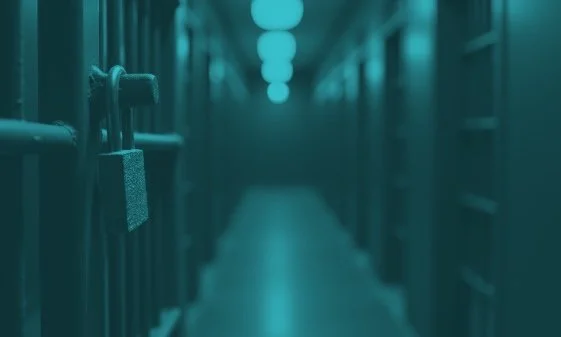CBI Arrests Accused in Custodial Death Case Only After Supreme Court’s Pressure
Top Court’s Contempt Threat Was Needed to Compel CBI to Act
October 8, 2025
The Supreme Court had to threaten contempt proceedings against the Central Bureau of Investigation (CBI) to get two Madhya Pradesh police officers arrested in a custodial death case. This reveals how state institutions are willing to go to shield their own when ordinary citizens’ rights are violated unless the judiciary directly intervenes and maintains pressure.
In July 2024, Deva Pardhi, a 26-year-old man, and his uncle Gangaram Pardhi were taken into custody by police in Guna district, Madhya Pradesh, following a theft complaint, according to The Indian Express. Deva died in custody, allegedly due to torture. The Supreme Court later transferred the case to the Central Bureau of Investigation (CBI) and ordered on May 15, 2025, that the police personnel responsible be arrested within one month.
Despite this, the officers were not arrested for over five months. It was only after the court took up a contempt plea filed by the victim’s family and warned of contempt action that any progress was made. On Sept. 26, the court gave a clear deadline of Oct. 7 and summoned both the state’s Additional Chief Secretary (Home) and the CBI investigating officer to appear in person if the arrests were not carried out.
The arrests finally happened on Sept. 27 and Oct. 5, after the court had made sharp observations. The bench, comprising Justices B.V. Nagarathna and R. Mahadevan, noted that the arrests took place only because of the court’s intervention. The judges also questioned the delay in departmental action, pointing out that the accused officers had remained absconding for months and had even filed anticipatory bail applications in defiance of the court’s earlier directions.
Justice Nagarathna stated that this was “not how a Supreme Court order should be implemented.” Justice Mahadevan demanded to know what disciplinary measures had been taken, expressing dissatisfaction that suspensions were issued only on Sept. 24.
“What happened all these days? Why couldn't you trace them? We had to almost frame contempt charges for you to act. This is not how a Supreme Court order should be implemented. There was a three-judge bench order to arrest them,” Justice Nagarathna remarked, according to LiveLaw.
This episode points to institutional complicity. Even a directive from the country’s highest court was not enough to trigger swift action. In several reported cases involving Dalits accused of petty offences like theft or shoplifting, custodial deaths have occurred and been quickly labelled as suicides by police. Investigations rarely lead to arrests of the officers involved. Families often lack legal support, and these cases seldom reach higher courts. The victims’ names disappear from public discourse, and their deaths leave no trace in the system.
Over the 20 years from 2000 to 2020, India recorded about 1,888 custodial deaths, yet only 26 police officers were convicted in relation to those deaths, according to official data, as reported by India Today.
It clearly suggests that accountability for abuse of power remains optional unless the courts take up the matter personally and keep up the pressure. It also shows how rules and orders are applied unequally.
In countless cases across India, those accused of minor crimes are arrested within hours or days. Yet here, two police officers, named in a death in custody, felt confident enough to seek anticipatory bail. They were not suspended until five months later. This contrast shows the deep structural bias in favour of state functionaries, especially those in uniform.
Citizens are often told that there are checks and balances built into the system. But those checks are meaningful only if the actors involved perform their roles independently and professionally. In this case, the CBI, despite its mandate, failed to carry out a basic investigative action without a threat from the court.
This is not the first time courts have had to force the state’s hand in cases involving police excesses. In the past too, including in the infamous Jayaraj and Bennix custodial death case in Tamil Nadu in 2020, arrests and accountability came only after massive public outcry and court scrutiny, as noted by Human Rights Watch.
The Supreme Court may act in this one case, but the larger issue remains unaddressed.
Police institutions often act to shield their personnel, even when serious misconduct demands accountability. This internal loyalty, reinforced by departmental silence and weak disciplinary action, routinely overrides the obligation to serve the public. Unless governments, police departments and investigative agencies respond to police misconduct with immediate and public consequences, the law remains a formality with no real power to deter abuse.
You have just read a News Briefing by Newsreel Asia, written to cut through the noise and present a single story for the day that matters to you. Certain briefings, based on media reports, seek to keep readers informed about events across India, others offer a perspective rooted in humanitarian concerns and some provide our own exclusive reporting. We encourage you to read the News Briefing each day. Our objective is to help you become not just an informed citizen, but an engaged and responsible one.

